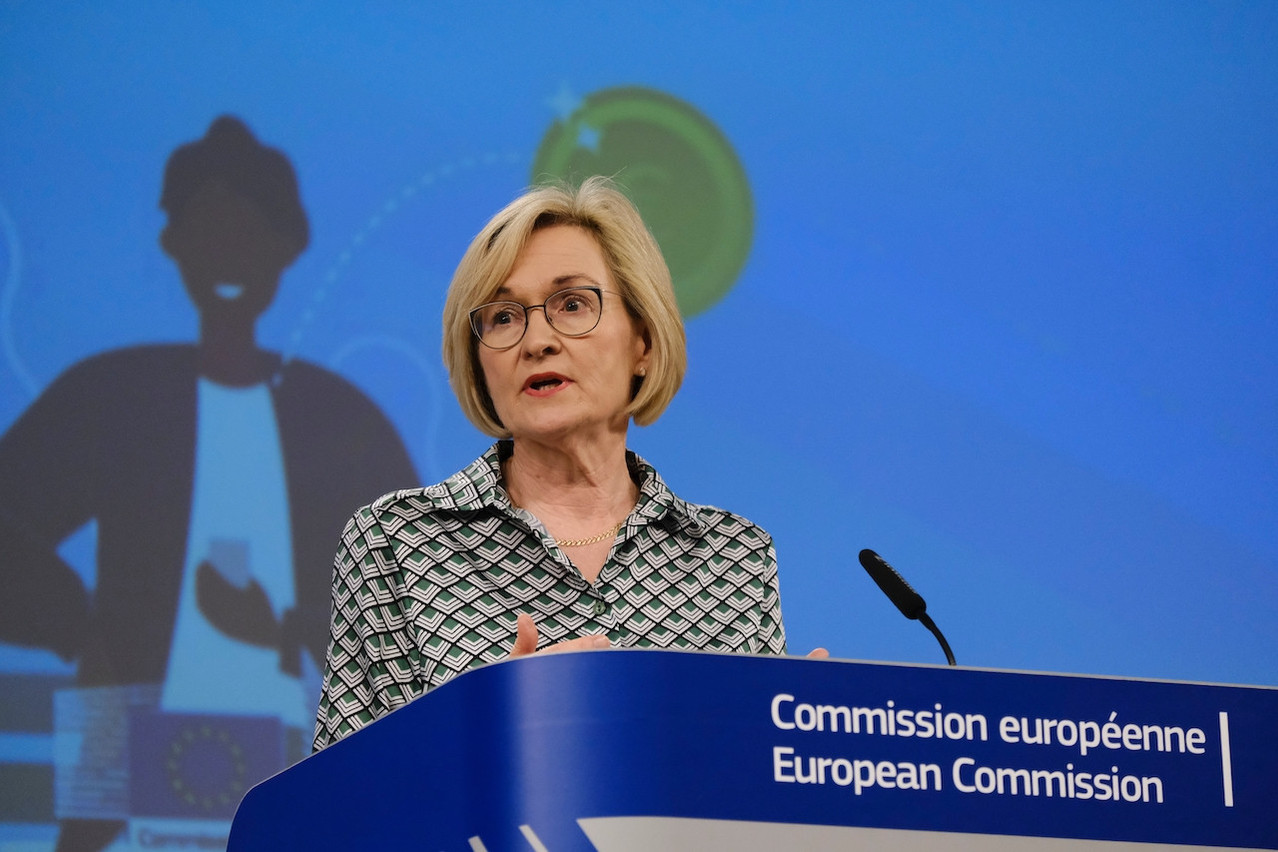When Britain lost de facto access to the single market due to Brexit, it was agreed that the financial supervisors of both sides would continue to cooperate as closely as possible. Following various post-Brexit disputes--in particular the one concerning the status of Northern Ireland after the signing of the Trade and Cooperation Agreement, which defined the post-Brexit trade relationship--this cooperation did not materialise. With the Windsor agreements having resolved this issue, the issue of cooperation on financial regulation is back on the agenda.
On 17 May, the European Commission announced that it had adopted a memorandum of understanding on the subject--a memorandum that still needs to be approved by the member countries. The idea is to avoid too many divergences that would be harmful to the activity of financial institutions on both sides of the Channel.
The MoU will create a joint EU-UK financial regulatory forum, similar to the one the EU already has in place with the US. “The MoU does not deal with the access of UK-based firms to the single market--or EU firms’ access to the UK market--nor does it prejudge the adoption of equivalence decisions,” the commission said. The commission believes that the draft memorandum of understanding aims to promote exchanges of views and analysis on regulatory and market developments, to stimulate dialogue when equivalence decisions are taken and to strengthen cooperation within international regulatory bodies.
Towards implementation before the end of the year
Indeed, this warming does not presage a return to a pre-Brexit situation. While the EU has granted access to the EU market to derivatives clearing houses in London until the end of June 2025 via an equivalence regime--the only one currently in place between the two blocs in the financial field--a draft regulation is being considered in Brussels to force EU banks and asset managers to move an as yet unspecified part of their clearing activities out of London.
Financial services commissioner Mairead McGuinness is expected to meet with member state treasury ministers next week to finalise the deal.
London hopes the forum can start operating by the end of the year. “I am confident that our relationship and future engagement in financial services will be built on a shared commitment to preserve financial stability, market integrity, and the protection of consumers and investors,” she said in a statement.
It will contribute to restoring the trust that has been damaged over the last seven years
For , CEO of Luxembourg for Finance, the signing of this cooperation agreement is “not only very positive, but also very encouraging about the way both parties see the future of their relationship. The establishment of a forum may seem like a mere technical decision. Of course, we will discuss the regulatory projects that both sides want to implement, talk about the motivations, the whys and the wherefores and, above all, we will listen to each other.”
“This is the most important part, in my opinion, because it will contribute to restoring the trust that has been damaged over the last seven years, during which time British politicians had little interest in building a healthy and lasting relationship. Since Rishi Sunak came to power, we have seen a turnaround. It’s not about going back on Brexit, it’s about building a strong and sophisticated relationship. And I think this agreement will contribute to that.”
This story was first published in French on . It has been translated and edited for Delano.

